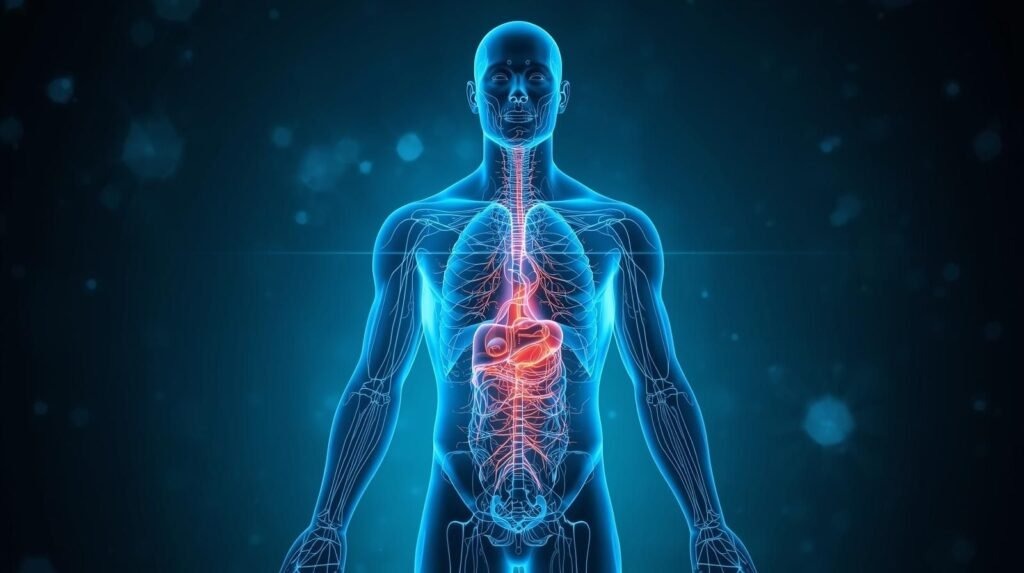What is “can disohozid disease kill you” about?
When you come across the phrase can disohozid disease kill you, it naturally sounds alarming. You might wonder what this disease is, how serious it can get, and whether it can lead to death. The truth is, the term “disohozid disease” is not clearly defined in trusted medical references. Some write‐ups describe it as a condition with systemic effects. Others suggest it may be a mis‑term, a regional name, or an informal label for a cluster of symptoms. One article notes:
“There’s no formally recognized medical condition called ‘disohozid disease’ in the resources of the World Health Organization, CDC, or major clinical references.”
That means we need to approach it with care. The question can disohozid disease kill you is valid. But because the condition is not well documented, the answer is nuanced.
What do we know about the disease?
Even though the disease isn’t formally recognised, several sources describe how people reporting “disohozid disease” experience a variety of symptoms. For example:
- Persistent fatigue and weakness.
- Muscle or joint pain, cognitive clouding or “brain fog”.
- Problems in systems like heart, lung, kidney (in some reports) when advanced.
These reports suggest that if a person has what is being called disohozid disease, the course may vary widely. Some may have mild symptoms; others may face more serious complications. One source states that in advanced stages it might lead to organ involvement and potentially fatal risks.
So while the label “disohozid disease” might be vague, the idea is: there is a range from mild to possibly severe disease‑like scenarios.

Can Disohozid Disease Kill You?
Yes — under some descriptions, it can. But the answer is “it depends” because the disease itself isn’t clearly defined and no large scale studies confirm exact death rates.
When it may be dangerous
From what few sources tell us:
- If it permits runaway inflammation or an immune system gone haywire, that can assault life-sustaining organs (heart, lungs and kidneys) and raise the risk of death.
- The risk increases when the diagnosis is delayed and complications occur (failure of the lung, failure of the heart and kidneys).
- If you have other significant medical issues (cardiovascular disease, diabetes, an immune problem), your body will struggle to cope with the stress of being ill.
When the risk is lower
- When symptoms are caught early, and interventions are started, the risk appears to be lower. One write‑up suggests survival is good in mild‐to‐moderate cases when treated.
- If the condition remains mild and does not progress to organ involvement or life‐threatening complications.
The bottom line
So, can disohozid disease kill you? In other words: Yes, it may be possible, but not necessarily fatal to everyone. Because we don’t have data, the best way forward is to take it seriously and get yourself evaluated, not presume that this condition must be life‑threatening.
How to recognise warning signs
If you suspect something like what people describe as “disohozid disease,” here are some red flags to take seriously:
- Acute chest pain or shortness of breath Cancer affecting heart or lung may be present
- sudden weight gain in legs, feet or face – possible retention of fluids/dysfunction of an organ
- Confusion, collapse, (potential nervous system or severe systemic effect) ABRUPT WEAKNESS OR PARALYSIS (possible nervous system or severe systemic effect)
- High fever that persists resistant to customary antipyretics
- The function of the EARS decline – less urine, yellow skin color, very fast heart rate.
In the event of such occurrences, immediate medical evaluation is recommended.
What you can do if you suspect it
Although ill-defined, there are practical things you can do:
- Don’t ignore the symptoms. If you have unexplained fatigue, cognitive issues, joint/pain or something that just doesn’t feel right going on for more than a week or two — get it checked — don’t ignore it like I did. Early action is key.
- Get a thorough medical assessment. Ask your doctor about tests: blood (markers of inflammation or organ function), imaging if appropriate (heart, lungs, kidneys), EKG and consult a specialist if symptoms are taking you down a certain pathway.
- Monitor and document symptoms. Keep a feelings diary: when, how bad, what caused it – what works for treatment. This will allow your doctor to follow your progress.
- Support your body. But no treatment system or program can be considered as implemented for “disohozid disease”. You can do the general increase in health, sleep, diet moderate; Heavy alcohol smell after smoking and reasonable exercise: stress.
- Be alert for worsening. As soon as you start to become aware of any of the red‐flag signs I’ve mentioned, seek medical help right away. It is the leap from this point to life-threatening organ damage that makes a controllable situation a high‑risk one.

Key takeaways
- The term can disohozid disease kill you reflects a valid concern. The disease name itself is not well established in the major medical literature.
- Those who report it have said symptoms can be mild, or fairly extreme and that major organs could become involved if not properly treated.
- Death is not unavoidable, but people’s chances of dying rise if organ systems are damaged, diagnosis is delayed or if the person has other health problems.
- The best formula is early assessment, monitoring symptoms, getting medical care and trying to stay as healthy as possible.
- Given the uncertainty, it would be appropriate not to self‐diagnose but rather use it as a prompt to seek proper medical attention for concerning symptoms.
FAQs:
What is disohozid disease?
Disohozid disease has no lasting definition in the texts of medical science. It is commonly described as a potentially serious disease with diverse symptoms that can wreak havoc on vital organs.
Can disohozid disease kill you?
In some patients, it can be life-threatening, particularly if major organs such as the heart or lungs are involved. Early care matters.
What are the signs of disohozid disease?
People say they have fatigue, joint pain, brain fog and sometimes problems with the heart or kidneys. The symptoms can vary a lot.
Is disohozid disease an actual medical diagnosis?
It’s not officially acknowledged by mainstream medicine, but some call it a syndrome or condition that requires further research.
What if I’m sick? What should I do if I feel sick?
You should get a doctor’s advice as soon as possible. Keep an eye on your symptoms and pressure your doctor to run a full medical procedure in order to exclude possibly more serious causes.

